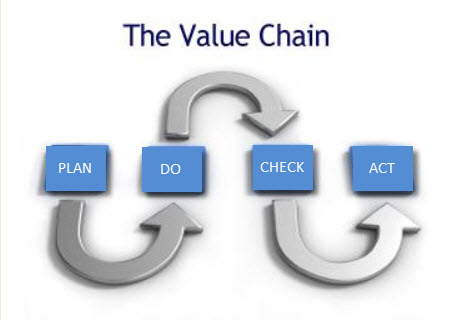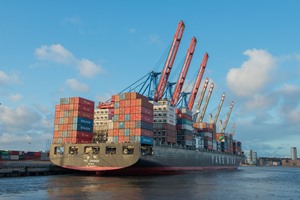How Compliance Management Software Can Help The Dairy Industry Exporting To China
The historic ChAFTA free trade agreement will positively affect many industries in Australia, and the dairy industry may be among the top beneficiaries of the deal. Financial analysts are claiming that the Australian dairy industry is entering a new, and the “mining boom” of recent years is expected to be rivaled by the coming “dining boom” as China’s demand for dairy products continues to grow rapidly.
Today we look at the possibilities for dairy under ChAFTA and the necessity of auditing for success.










